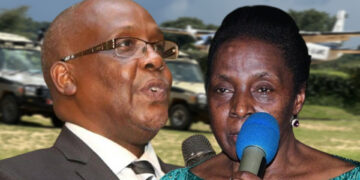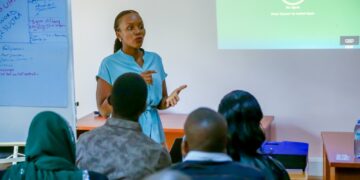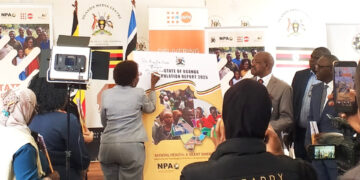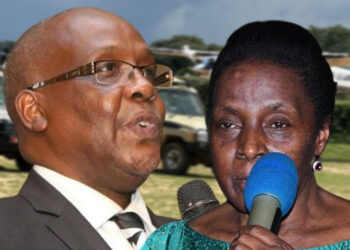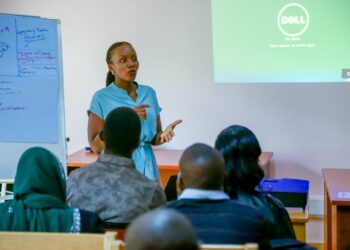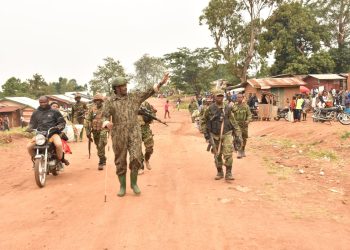By Tracy Acen Oiko
Following the recent crowning of Kiswahili as the official language for all East African countries, the Ministry of Education has declared that it is to become a compulsory subject at both primary and secondary levels. This declaration was made yesterday, 7th July; the international Kiswahili day.
The teaching of Kiswahili has been in the pipeline from 2017 as acknowledged by the executive director of the National Curriculum Development Center (NCDC), Dr. Grace Baguma. At primary level, the teaching of Kiswahili as a subject begun in Primary four but was not examined and has been compulsory in senior one and two. She also mentioned that the revised curriculum in terms of materials for the to is already available.
Although there have been worries among schools and the public on how the directive will be implemented owing to the fewer subject teachers, Dr. Dennis Mugimba the ministry of education spokesperson says they are available.
Supplementary to this, Dr. Grace upheld the universities and tertiary institutions teaching Kiswahili as a language to teachers.
The teachers will be required to be prepared in order to strengthen the implementation of Kiswahili as a compulsory language. This will be through refresher programs where teachers are required to have extra training on how to teach the subject better.
The Commissioner of Teacher Education, Mr. Kamwana Jonathan emphasized the teaching of Kiswahili in Special Needs schools. He said that the number of teachers capable of teaching in Special Needs schools not just Kiswahili but every other subject is worrying.
Dr. Grace said that after rolling out Kiswahili as a compulsory subject, the government expects a huge job opportunity take-up rate considering that most jobs require one to be fluent in at least two to three languages. Aside from the job arena, the government also sees this as a chance for Uganda to bond with other Kiswahili-speaking East African countries with communication as an effective tool.















